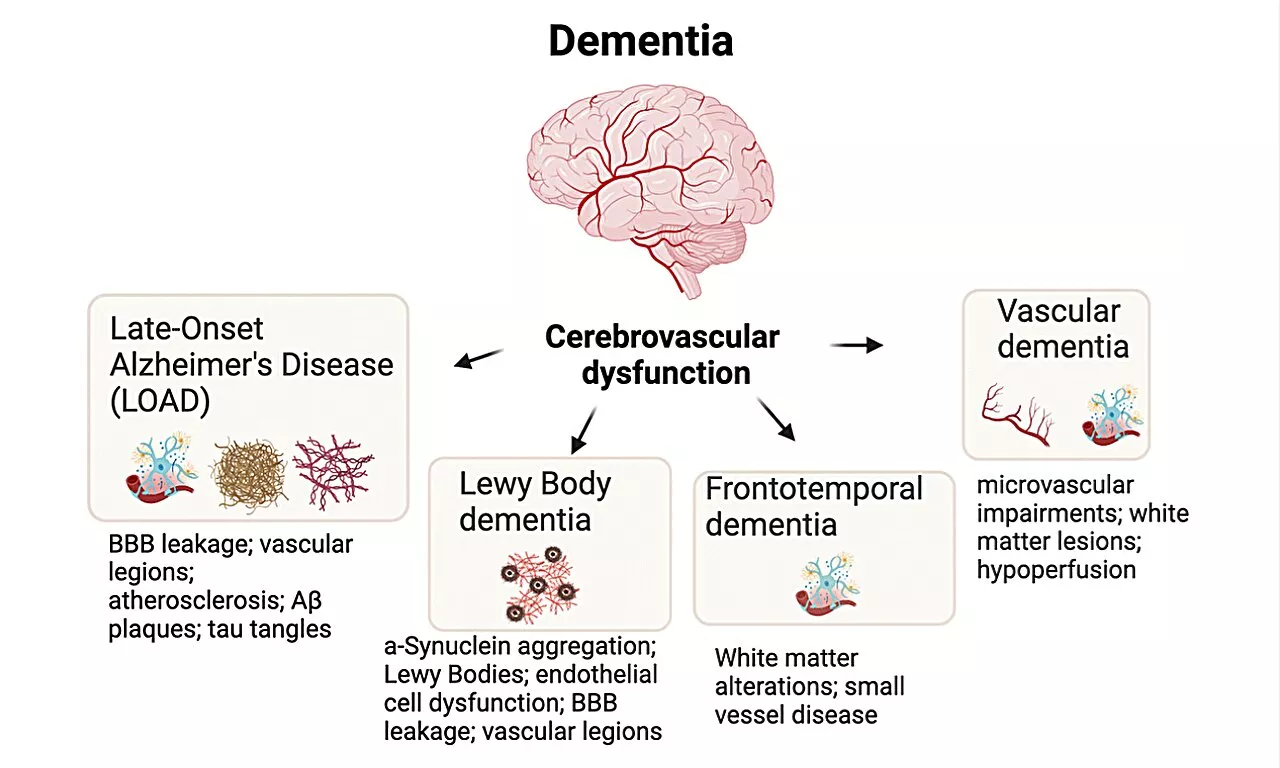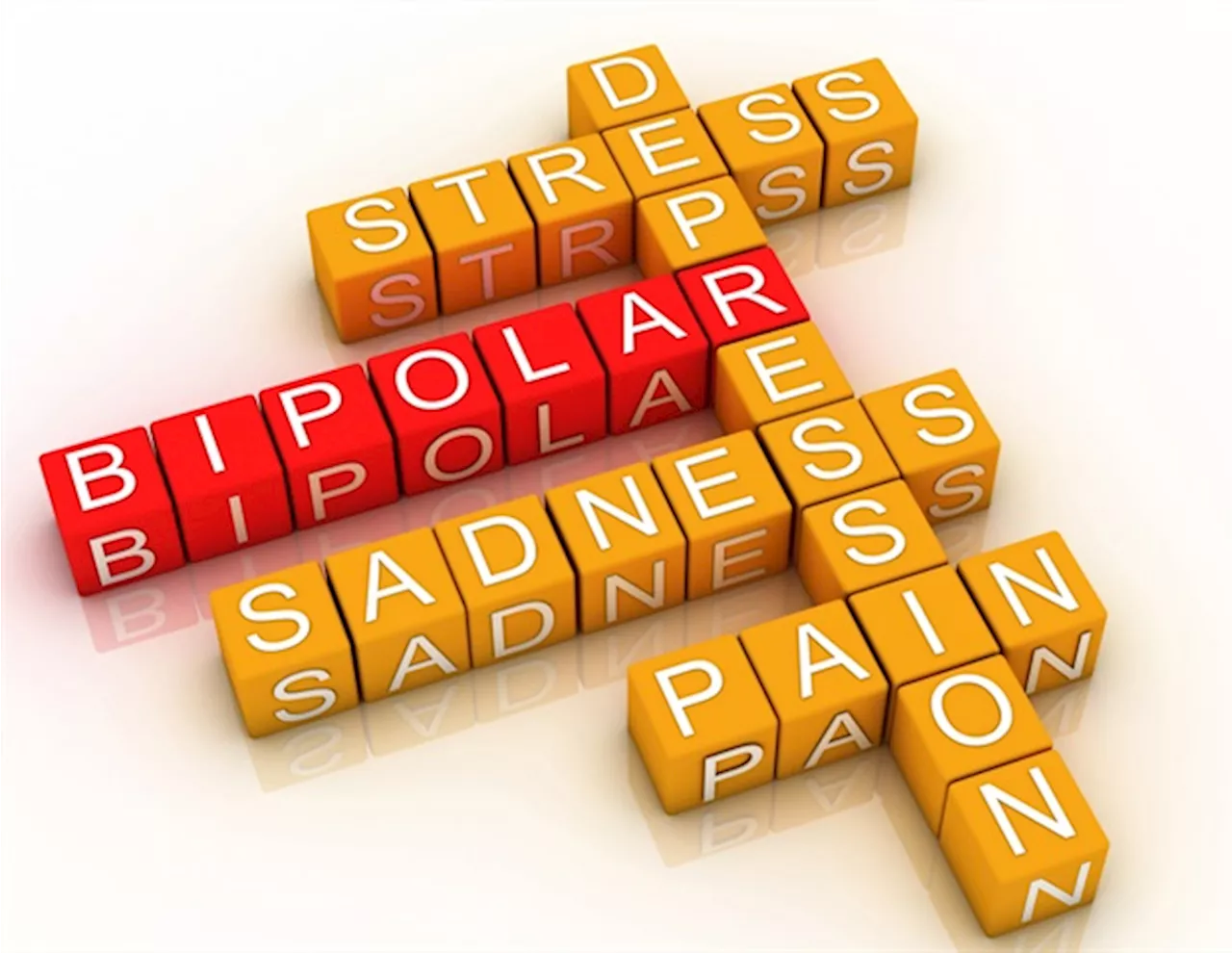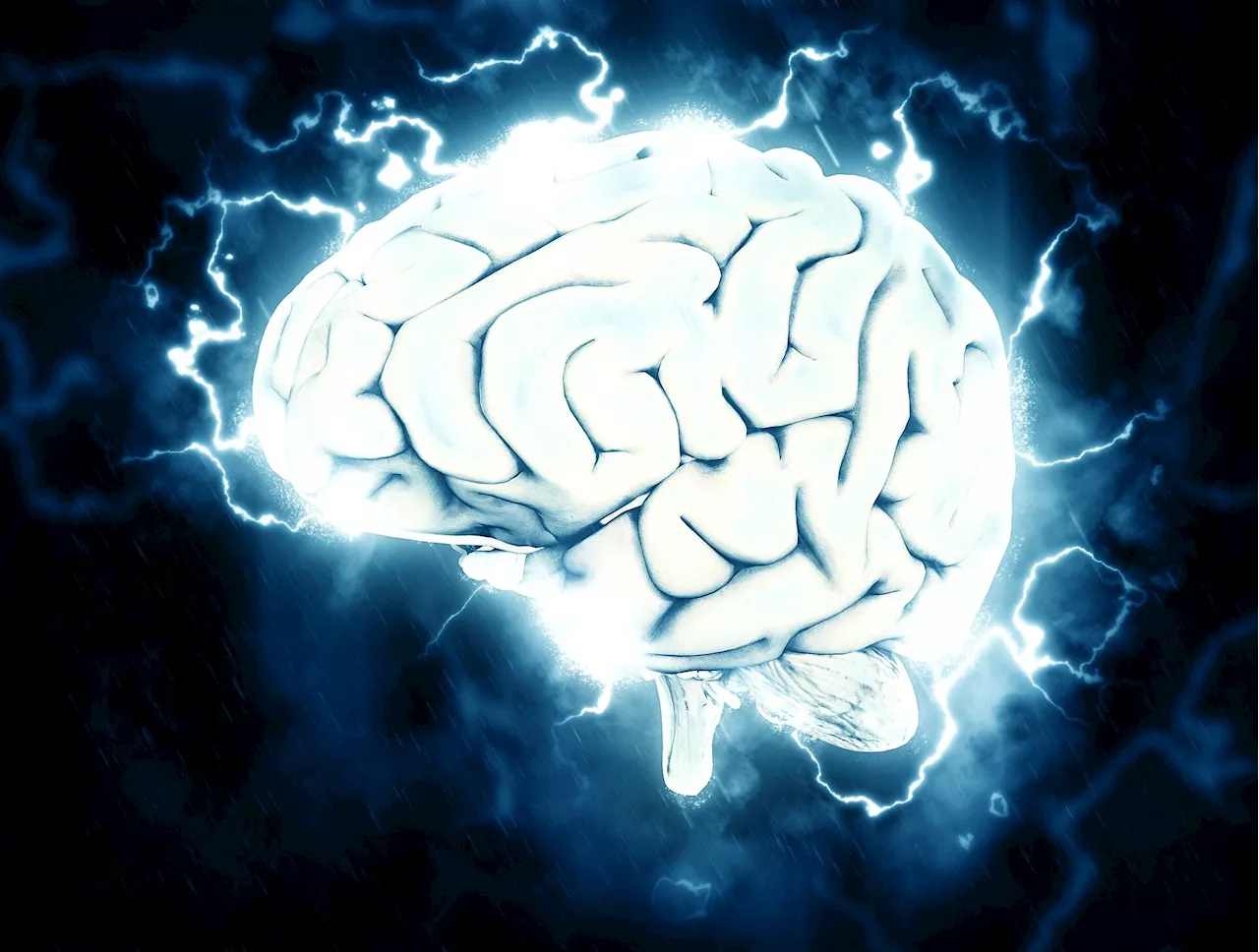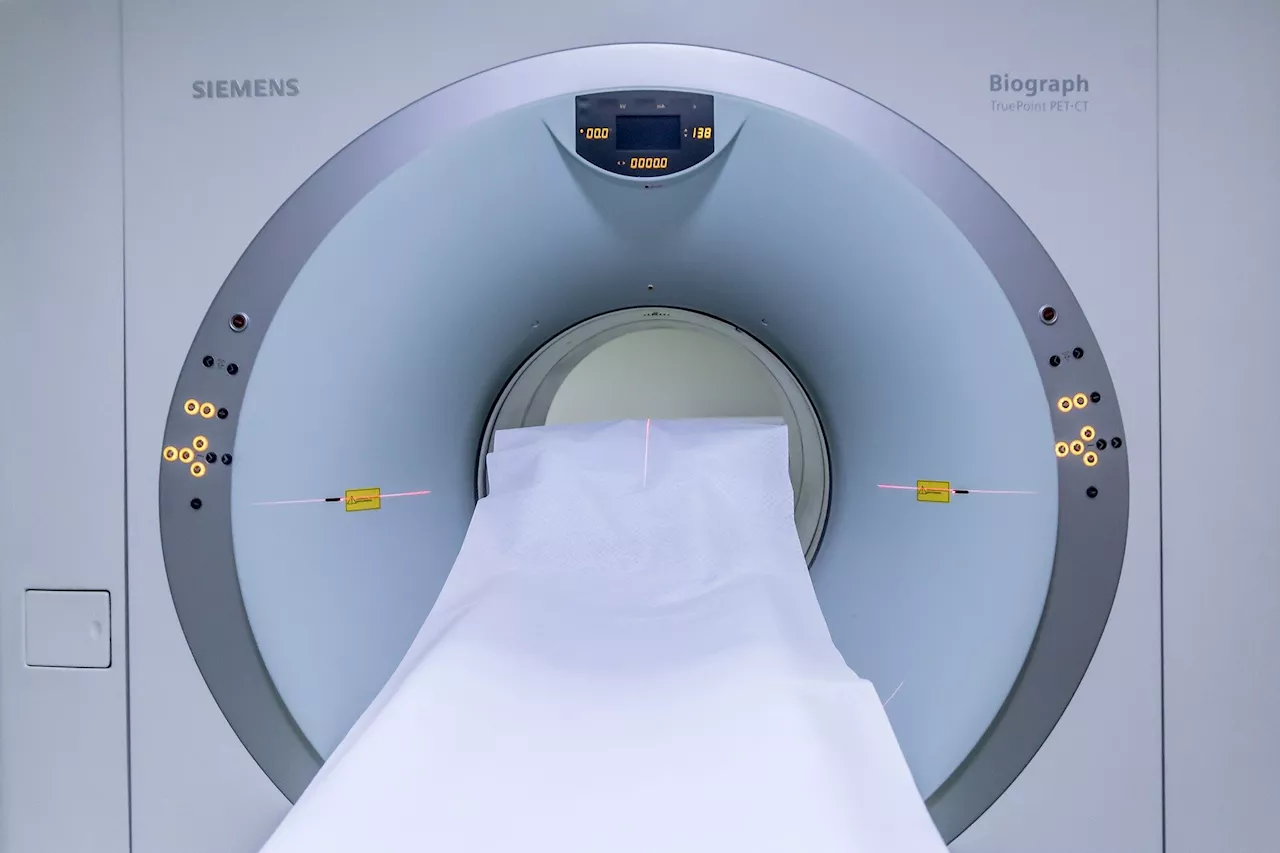Do you grab a fork and take a first bite of cake, or say no and walk away? Our motivation to eat is driven by a complex web of cells in the brain that use signals from within the body, as well as sensory information about the food in front of us, to determine our behaviors.
Scripps Research InstituteJul 11 2024 Now, Scripps Research scientists have identified a group of neurons in a small and understudied region of the brain-;the parasubthalamic nucleus -;that controls when an animal decides to take a first bite of food.
In our study, we used a technique that let us turn on cells in the mouse brain that were activated by a specific experience-;in this case, binge-eating. Once we have captured this ensemble of PSTN cells, we can turn them on like a light switch and watch what happens to the animals' eating and drinking." The research team found that the ensemble of cells sensitive to binge-eating were capable of drastically changing the behavior of mice.
Related StoriesBy manipulating even smaller sets of cells within the PSTN, the team pieced apart exactly which groups of cells were responsible for the delayed eating and accelerated drinking. They also discovered that yet another group of PSTN cells drives a different effect, urging the mice to eat more sweet foods.
Food Medicine Neurons Psychiatry Research
United Kingdom Latest News, United Kingdom Headlines
Similar News:You can also read news stories similar to this one that we have collected from other news sources.
 Overlooked brain organ plays key role in promoting brain repair after stroke, researchers discoverUniversity of Cincinnati researchers have pioneered an animal model that sheds light on the role an understudied organ in the brain has in repairing damage caused by stroke.
Overlooked brain organ plays key role in promoting brain repair after stroke, researchers discoverUniversity of Cincinnati researchers have pioneered an animal model that sheds light on the role an understudied organ in the brain has in repairing damage caused by stroke.
Read more »
 Researchers investigate the aging brain and peripheral vascular dysfunctionA new review paper was published in Aging titled 'Peripheral vascular dysfunction and the aging brain.'
Researchers investigate the aging brain and peripheral vascular dysfunctionA new review paper was published in Aging titled 'Peripheral vascular dysfunction and the aging brain.'
Read more »
 UCL researchers identify brain mechanisms behind mood bias in bipolar disorderMomentary shifts in mood, even those lasting just a matter of seconds, profoundly alter the brain's response to pleasurable experiences in people with bipolar disorder, finds a new study by UCL researchers.
UCL researchers identify brain mechanisms behind mood bias in bipolar disorderMomentary shifts in mood, even those lasting just a matter of seconds, profoundly alter the brain's response to pleasurable experiences in people with bipolar disorder, finds a new study by UCL researchers.
Read more »
 New technology allows researchers to precisely, flexibly modulate brainHuman brain diseases, such as Parkinson's disease, involve damage in more than one region of the brain, requiring technology that could precisely and flexibly address all affected regions simultaneously.
New technology allows researchers to precisely, flexibly modulate brainHuman brain diseases, such as Parkinson's disease, involve damage in more than one region of the brain, requiring technology that could precisely and flexibly address all affected regions simultaneously.
Read more »
 Researchers investigate the gene-brain-behavior link in autism using generative machine learningResearchers used 3D transport-based morphometry to visualize brain changes linked to 16p11.2 CNV, achieving high prediction accuracy and advancing autism precision medicine.
Researchers investigate the gene-brain-behavior link in autism using generative machine learningResearchers used 3D transport-based morphometry to visualize brain changes linked to 16p11.2 CNV, achieving high prediction accuracy and advancing autism precision medicine.
Read more »
 Researchers discover a significant problem in brain imaging and identify a fixIn a new study, investigators from McLean Hospital, Harvard Medical School and the National Institute on Drug Abuse—Intramural Research Program (NIDA-IRP) have discovered that the tendency of people's arousal to wane over the course of brain scans has been distorting the brain connection maps produced by functional magnetic resonance imaging...
Researchers discover a significant problem in brain imaging and identify a fixIn a new study, investigators from McLean Hospital, Harvard Medical School and the National Institute on Drug Abuse—Intramural Research Program (NIDA-IRP) have discovered that the tendency of people's arousal to wane over the course of brain scans has been distorting the brain connection maps produced by functional magnetic resonance imaging...
Read more »
